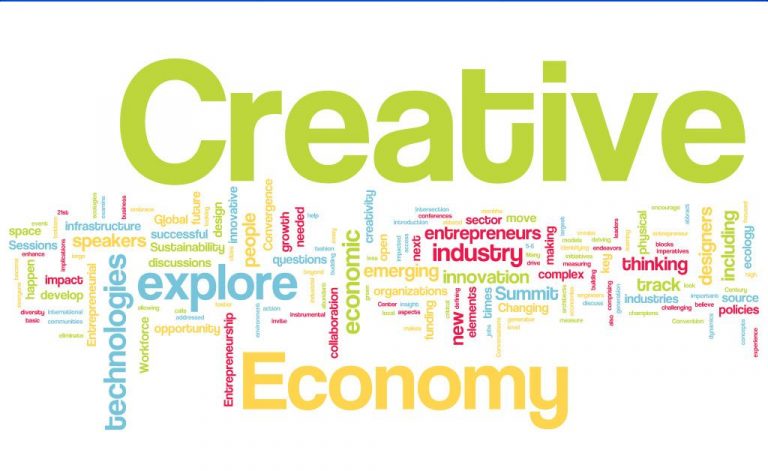It is no secret that the people of the world have endured a lot, in one form or the other. Different parts of the world have had to fight different battles at different times. The Covid-19 pandemic, however, has had the whole world, on its knees, all at the same time. It is like someone, or something, pressed a reset button on earth and as we continue to adjust, some the essence of who we are and some facets that make us, well, us, are going to take a bit longer than expected.
Currently, the world is grappling with sickness, loss of family and loved ones, physical isolation, mental trauma and fear faced by almost everyone becoming anxious about their physical, mental and economic well-being.
The pandemic has also had a significant negative economic impact, bringing to a halt global tourism, travel, hospitality, financial markets, live entertainment, personal services, restaurants, and food value chains as well as supply businesses that are linked to these industries. This, in turn, has affected many people, especially those typically least well paid and the self-employed, not forgetting those working in informal environments in the gig economy.
Chris Kirwa, an MC and events’ organizer said in an interview on Switch TV Monday, that industries depending on social interactions for money are the worst hit, and would be the last to recover as people work towards getting used to being around each other again.
A research done by HEVA Fund between March 26th and April 28th has revealed that until there is a vaccine, a cure or a reliable plan to generate herd immunity, there will be continuous disruptions that will change how we eat, work, shop, exercise, get an education, manage health, socialize, and spend free time, for at least 2 to 4 years. As scary as this sounds, there is an even tough time ahead for creative industries around the world.
As the world concentrates on Covid-19 HEVA Fund projects that there will be limited access to capital for creative businesses and grants for culture and the arts. That we shall experience increased surveillance and potential infringements of privacy and personal security, as numerous surveillance capacities are activated to trace contacts and infected people. They also project an increase in the use of contactless technology and digital platforms for cultural creation, production, sharing and dissemination of cultural information, goods and services. This is already happening, as musicians and deejays have taken their craft online.
But even as we move most of our services online, the continued self-isolation will have some negative effects in the coming days such as major grief, loss of livelihoods, social distrust, anxiety and increased pressure on individual mental health.
There is some light at the end of the tunnel though as the creative economy will have a significant role to play in the recreation of the human and social dimensions of society and in shaping recovery.
For it to do this “The sector will need to device coping mechanisms in the short-term as the crisis unfolds, respond to the changing needs of its workers, audiences and beneficiaries in the medium term, and invent new models and practices, in order to emerge from this pandemic in the long term,” says the resilience strategy report.
